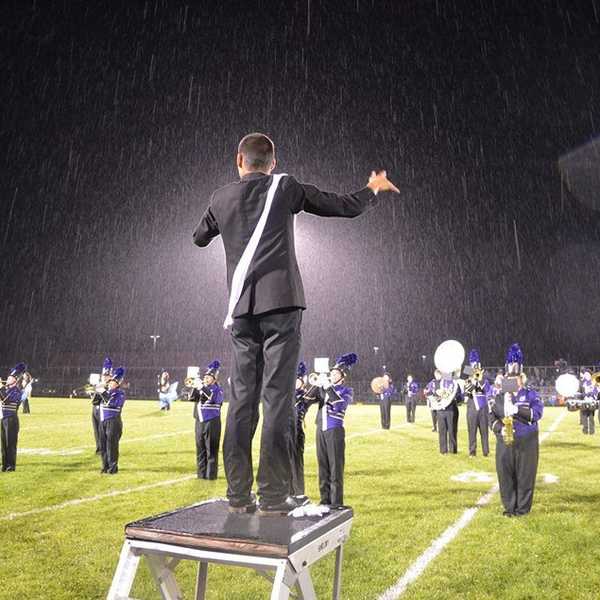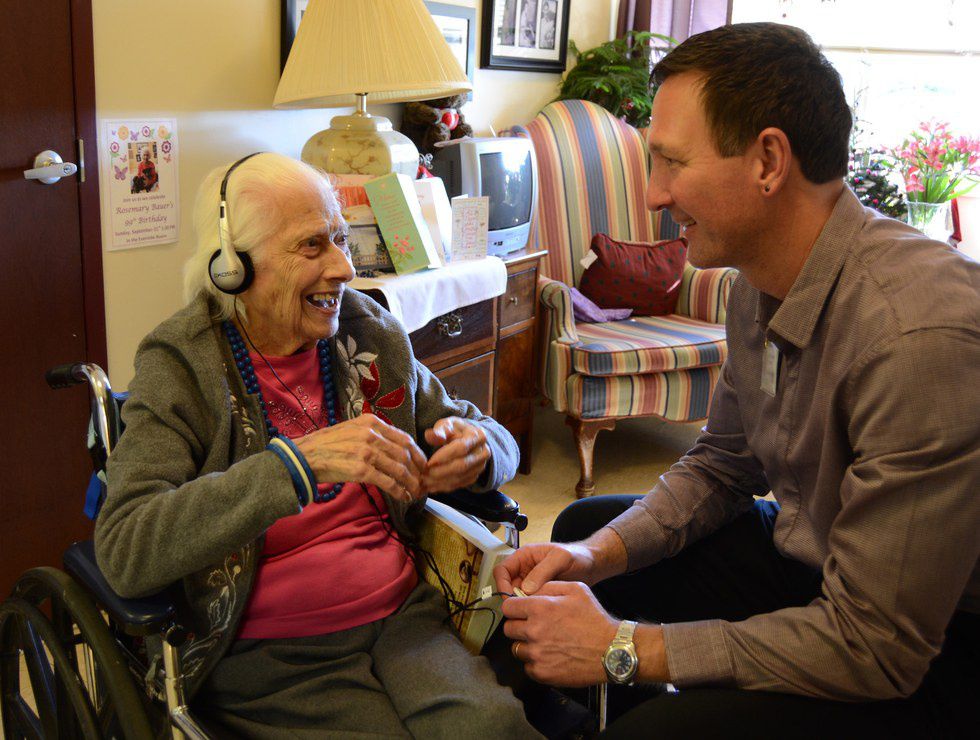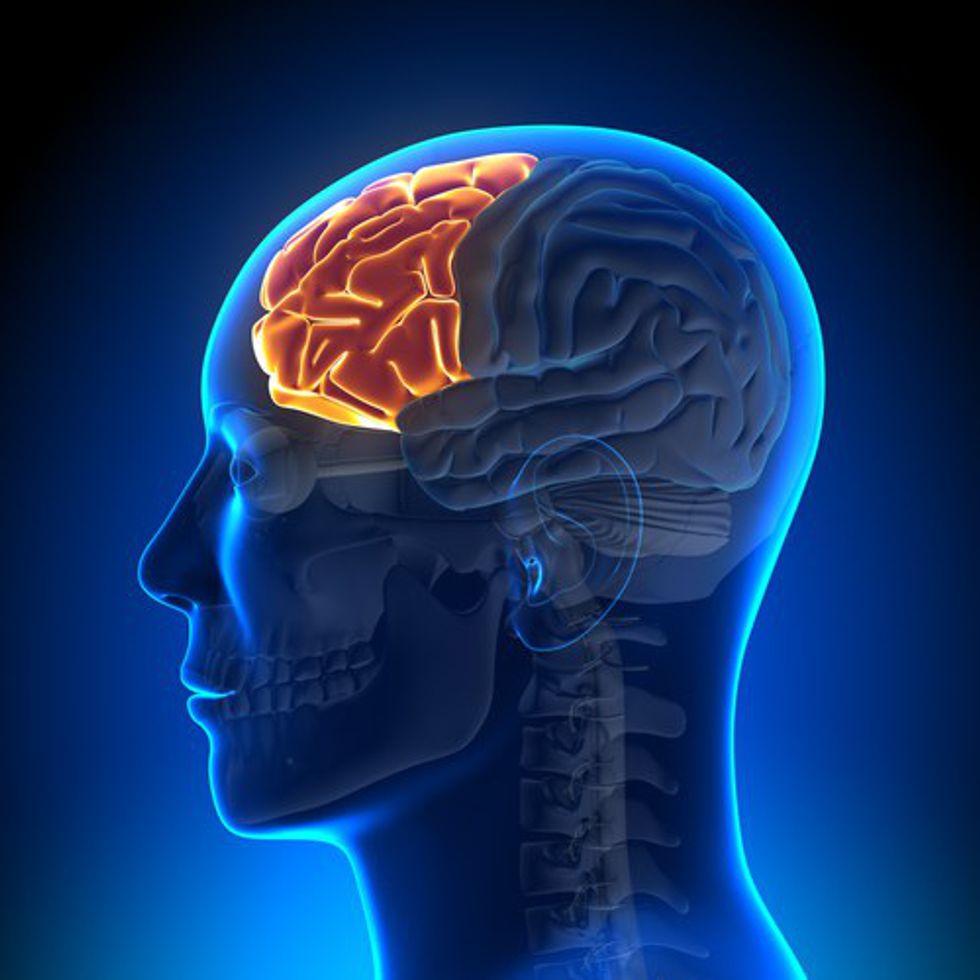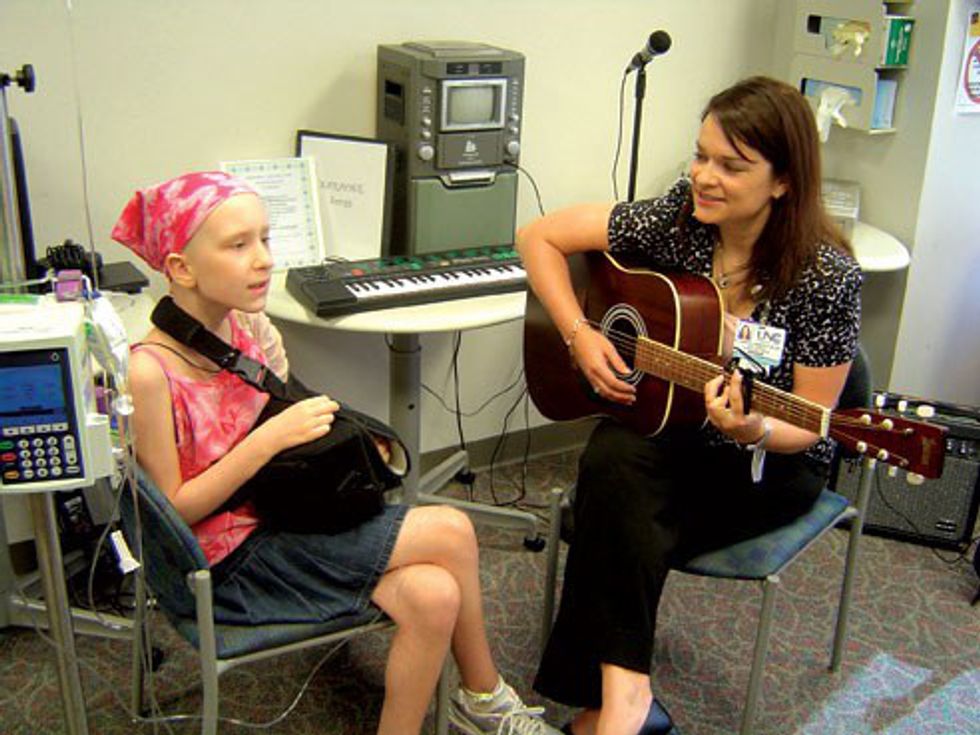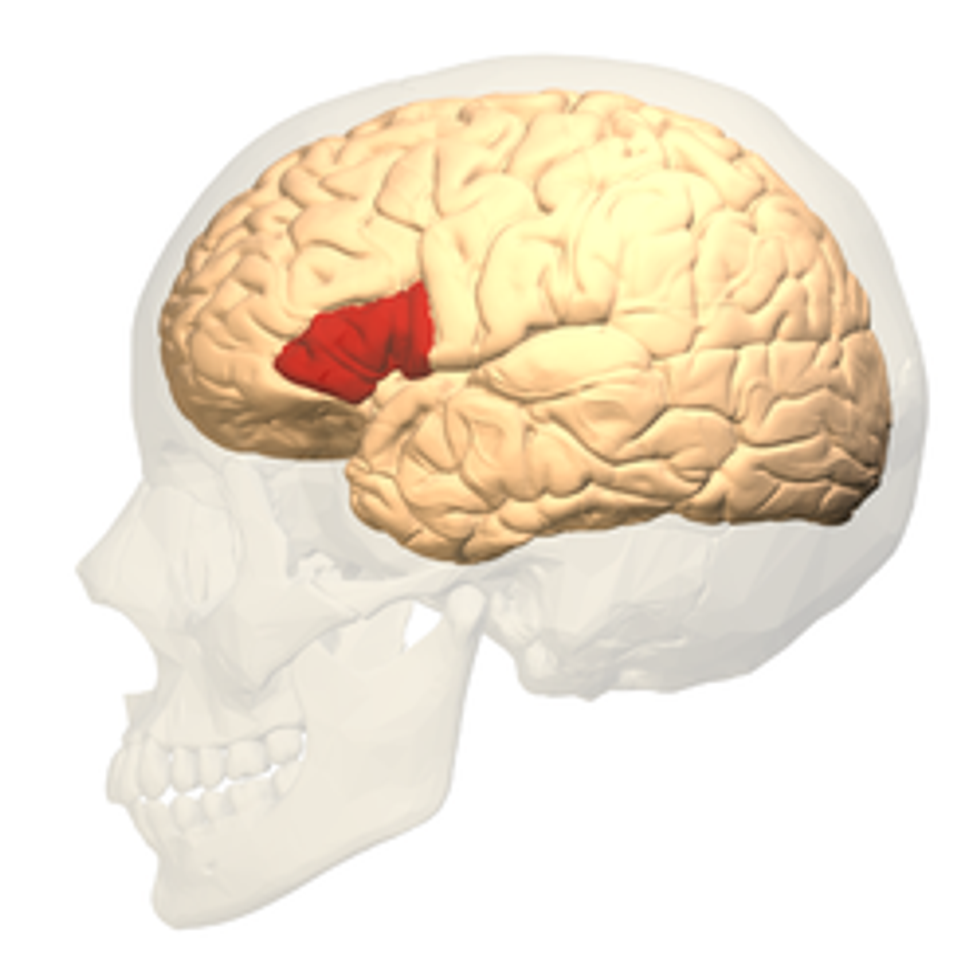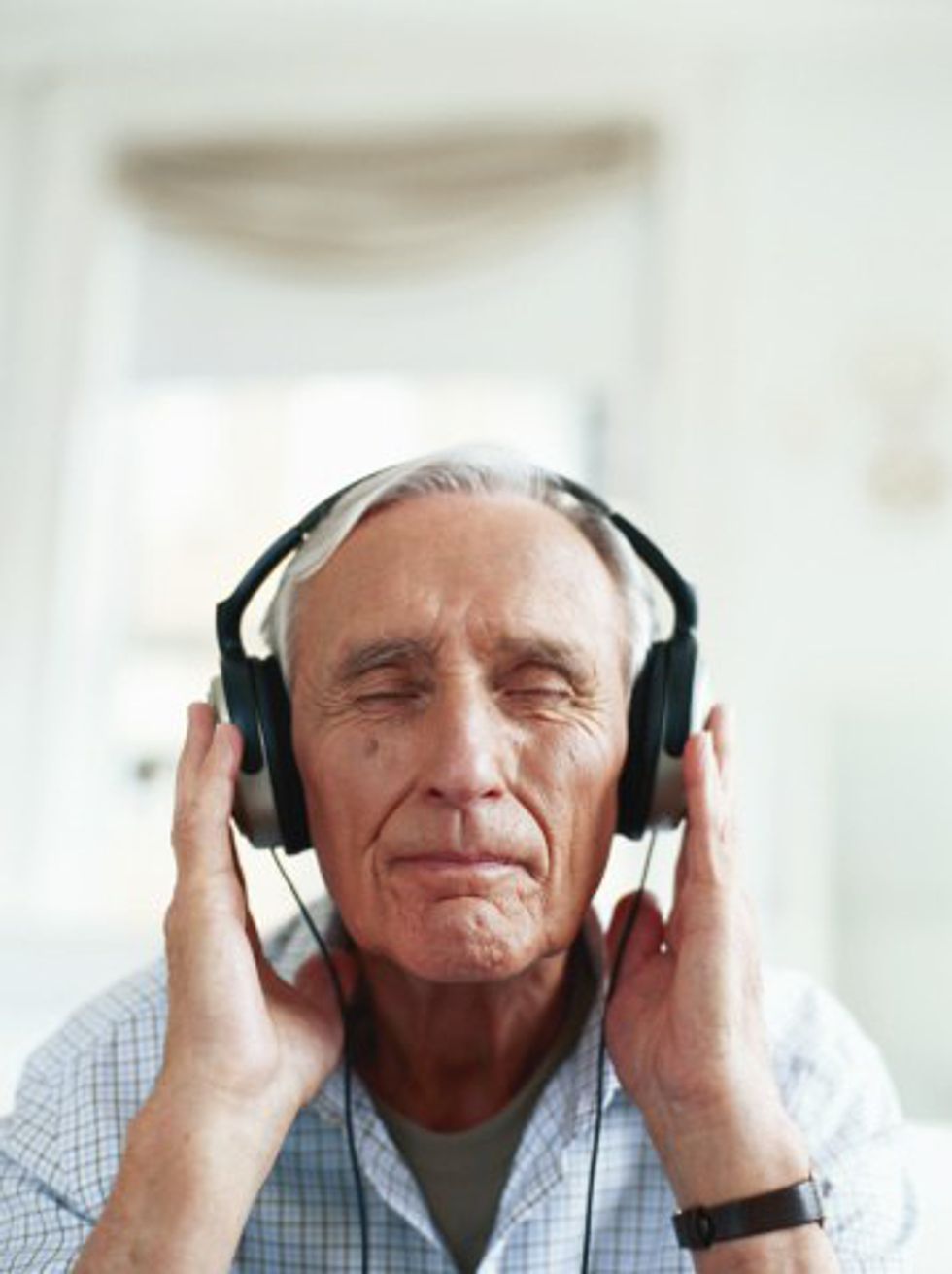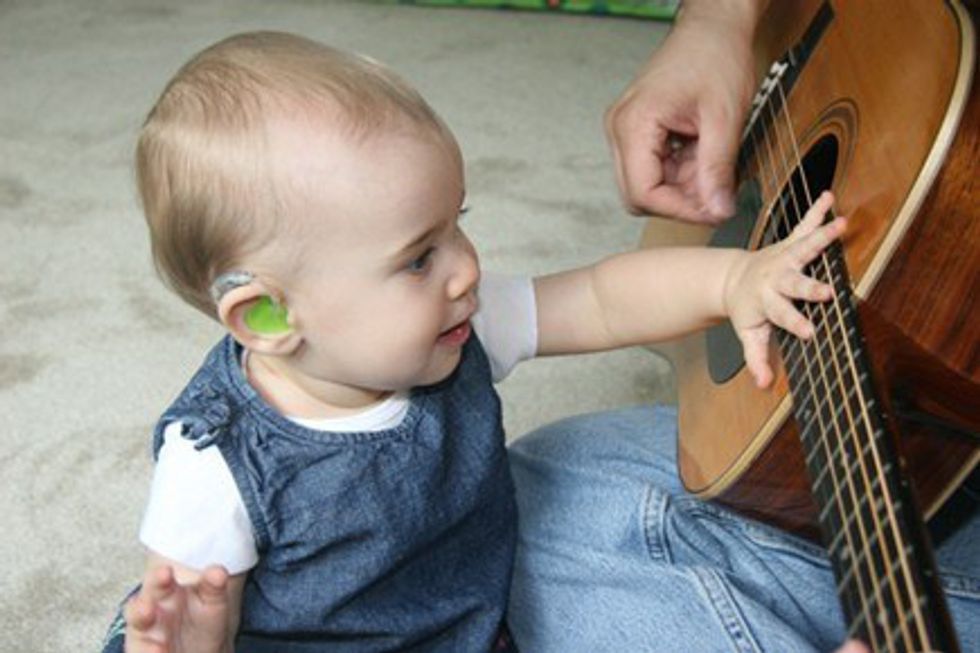Music is powerful.
It is fascinating, exciting, inspiring and has been ingrained in nearly every culture while also holding a deep presence in history. While it is an art found in dance, theater, music production, business, and marketing, it is also found in another field - therapy.
Music therapy is the clinical use of music to assist in, maintain, and/or restore physical, mental, emotional and spiritual health. But how does something like music help in all of this?
Well, music is processed through all the areas of the brain and has the ability to access and stimulate areas of the brain that may not be accessible by other means. Turns out, music enhances and strengthens the brain, making an individual more effective and efficient in tasks relating to cognition, use of motor skills, and/or speaking.
Cognitive skills include problem solving, reasoning, and planning. These skills require the use of the frontal lobe of the brain which is responsible for controlling the mood of an individual. Because of this, the brain is highly responsive to music and the auditory stimulus ascends to the cognitive processing areas of the brain and optimizes the performance of cognitive-related skills.
People who have a hard time concentrating will be given this treatment because music is able to captivate and maintain attention. When someone starts to sing in front of you, the common reaction is to look in their direction. It immediately draws us in.
The therapy assists in retention and memorization, partly because the rhythm of music is “catchy” and serves to be successful in regard to the creations of mnemonics such as the “ABC Song”.
Moving on, motor skills include voluntary and involuntary movement, coordination, and balance. These skills use the frontal lobe of the brain, the cerebellum, and the basal ganglia. The cerebellum’s function is to coordinate and regulate muscular activity while the basal ganglia is used for the coordination of movement. When a song is heard, the auditory stimulus goes up to the cognition processing areas of the brain and then descending down from the spinal column, causing a reflex-like reaction in the muscles of the body that produces more organized and balanced movement.
One of the music’s major elements is tempo. Therapists use this element as an external timekeeper to organize, coordinate, and improve their patient’s behavior.
Another skill that music therapy assists is in speaking. In a broader sense, speaking falls under articulation, reading, writing, and comprehension. Broca's area, a region found in the frontal lobe, is responsible for the production and comprehension of the human language. Other parts of the brain that contribute to this include the temporal lobe and parietal lobe which process sensory information and assist in interpreting visual information.
Music is something people rely on to get them into a mood. Whether it is to make them energetic, reflective, or get them through a tough time, music has served to be a multifaceted tool in the manipulation of our emotions.
Music therapy takes this to a higher level and works to improve social behavior, impulse control, and motivation and emotional processing. The amygdala in the limbic system of our brain controls our emotions and motivation and music is able to stimulate these centers to act as a natural motivation for appropriate social and emotional responses.
Most people who listen to music will be able to tell you how a song gets them going and it is similar to the effect music therapy has on the patient. Music is highly engaging and motivating, causing patients to reduce negative responses and instead, develop an appropriate expression of their own emotions.
It’s no surprise to see music have such a powerful effect on our brains. When we walk down a street hearing one of our favorite songs, we can’t help but hum or start singing it. Our bodies have a tendency to move to the rhythm and it is seen in everyone, including infants.
Many children begin to dance or sing at an early age and it helps in developing cognitive, motor, and speech skills! It taps into our emotions, enthralls us, speaks to us, and gives us a reason to keep going regardless of the obstacles that are in our way.
A flowing rhythm and lyrics is sometimes all that is needed to help someone in pain and music therapy was built on this belief, helping millions of people while also making leaps and bounds in the health and medical world!

